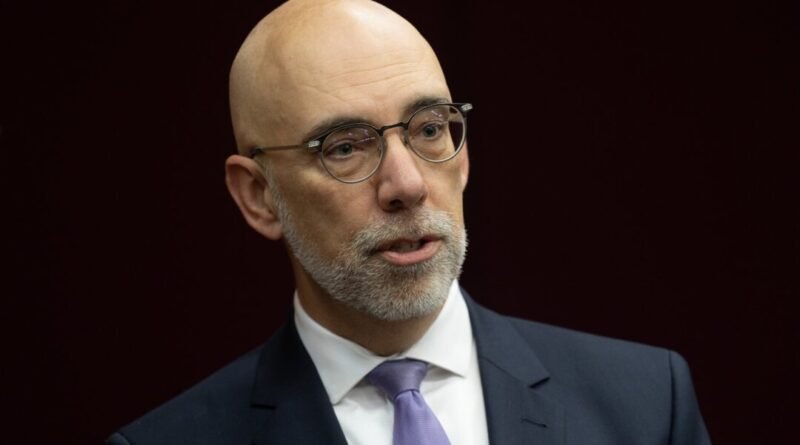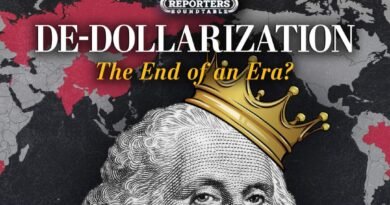Correcting errors in carbon tax analysis does not alter the conclusion that Canadians are worse off: PBO
The federal budget watchdog states that a forthcoming revised analysis on the economic impact of the carbon tax using accurate data will not alter the previous conclusion that it negatively affects Canadians.
Parliamentary Budget Officer (PBO) Yves Giroux faced criticism this week as Liberals pointed out an error in his past analyses concerning the fuel charge, or carbon tax.
Mr. Turnbull, who serves as parliamentary secretary to the finance minister, also emphasized the need for more clarification about the “misstep” amidst the prevalence of misinformation on carbon pricing.
Mr. Giroux explained in an interview with The Epoch Times that a new analysis excluding the OBPS is not expected to significantly impact his previous conclusion, as the costs for industrial emitters are relatively low.
He further expressed surprise at the topic surfacing this week despite his office posting the correction notice on its website in mid-April. “Senior government officials at Environment and Climate Change knew the day we posted the correction, ministers’ offices knew as well,” he revealed.
Mr. Giroux noted that his office had published its analyses months ago without any disputes over the numbers, implying that significant differences, like OBPS and carbon tax versus carbon tax only, would have been pointed out much earlier if they existed.
Debates surrounding the carbon tax have become politically charged, with Conservatives advocating to eliminate the tax as a key policy. Provincial leaders have also urged Ottawa to halt the April 1 fuel charge increase amid financial strain.
PBO analyses have been used by both the Liberal government and the Conservatives to either support or criticize the policy.
Liberals argue, rightly, that the PBO finds eight out of ten households benefit more from the carbon tax and associated rebate.
Meanwhile, Conservatives, until recently, stated accurately that eight out of ten households are worse off when economic impacts of the carbon tax are considered.
A new PBO analysis excluding the industrial pricing system to solely assess the fuel charge’s impact is anticipated for the fall.
Mr. Giroux explained that the carbon tax has a greater economic effect as it applies to numerous households and corporations, while the OBPS only impacts big emitters, who receive free emissions for 80% of their output.
“It adds the price that companies pay, for which there is no rebate in the analysis. It certainly affects the data and conclusion,” he said in French.
He expressed satisfaction that the PBO acknowledged the mistake in his analyses. “We will have a better understanding of the situation once he releases the new analysis,” the minister added.
Asked about the issue, a spokesperson for Tory Leader Pierre Poilievre accused the Liberal government of working to shut down industries and eliminate associated livelihoods without meeting emission targets they set.
The spokesperson stated, “The carbon tax isn’t reducing emissions and is simply making Canadians poorer,” in a statement to The Epoch Times.
John Moffet, assistant deputy minister at Environment Canada, informed the committee that one-third of those reductions were a direct result of carbon pricing.
“The emissions reductions from carbon pricing are not limited to 3 percent. Carbon pricing contributes to one-third of total reductions,” he clarified.
Mr. Giroux indicated that his office had examined emissions reductions linked to the carbon tax. “Various figures suggest that the carbon tax does not account for the majority of emissions reduction,” he stated.






